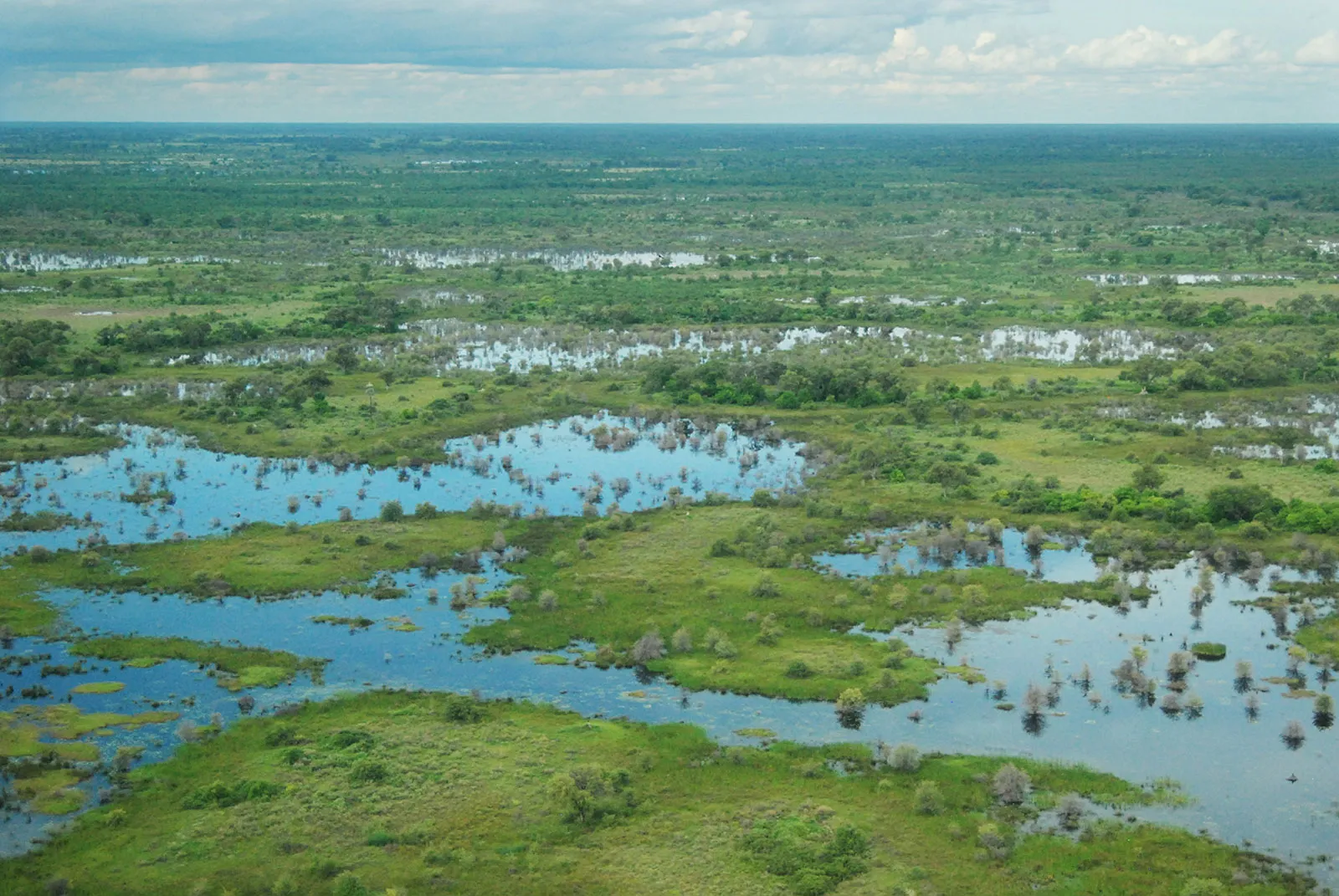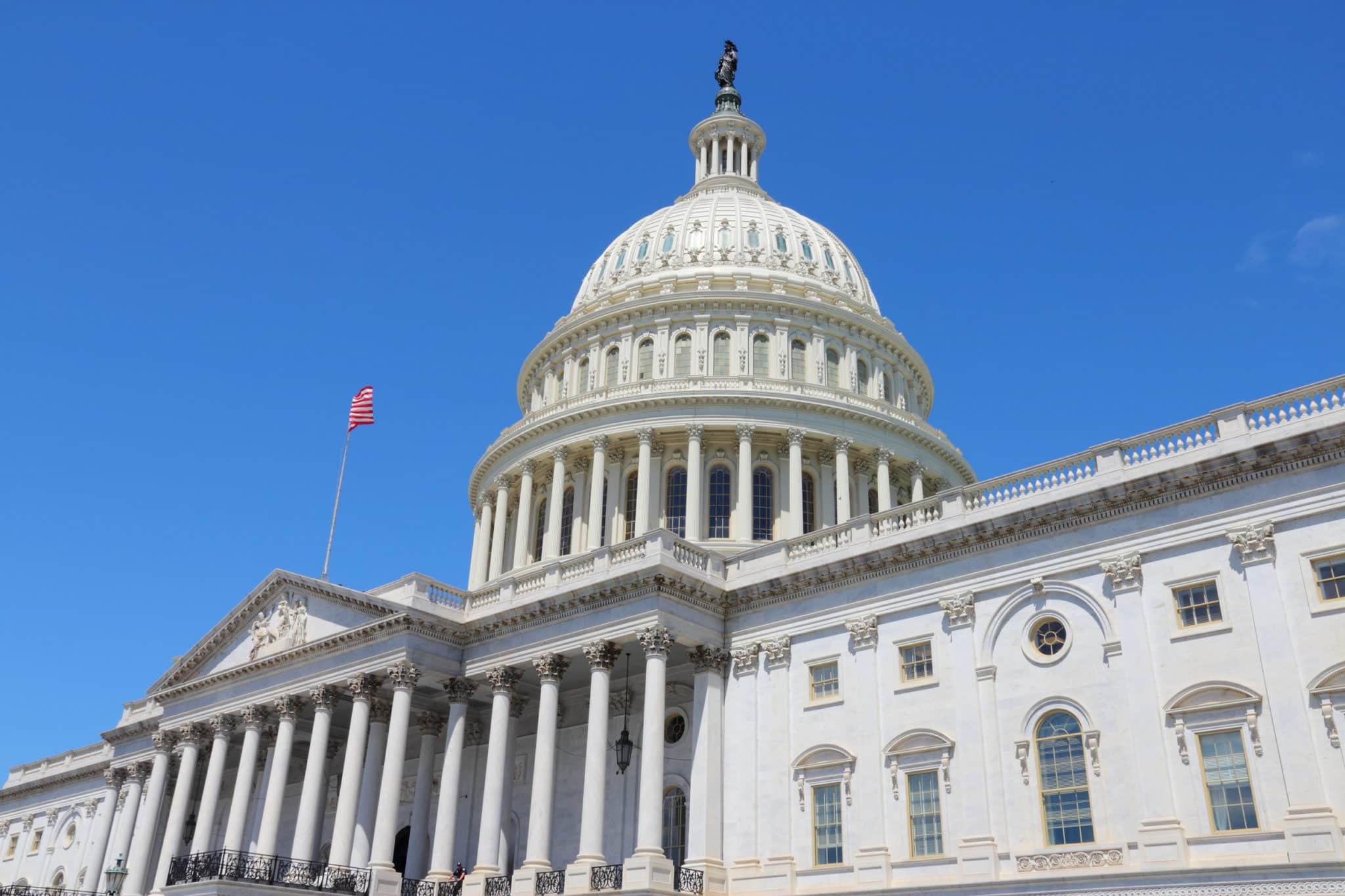
Wetlands are fascinating ecosystems that play a vital role in the health of our planet. They are often overlooked and underestimated, but they are teeming with life and offer a plethora of benefits to both humans and wildlife. From providing habitat for countless species to filtering and purifying water, wetlands are truly remarkable environments.
In this article, we will delve into the world of wetlands and uncover 17 unbelievable facts that will leave you amazed. Whether you are a nature enthusiast or simply curious about the wonders of our natural world, this article will take you on a journey through the captivating and diverse realm of wetlands.
Key Takeaways:
- Wetlands are diverse, vital ecosystems found worldwide, providing natural filters, climate change mitigation, and essential habitats for wildlife. They need our protection and appreciation to ensure their sustainability.
- Wetlands offer recreational opportunities and cultural significance, while playing crucial roles in water regulation, flood defense, and nutrient cycling. Restoration and conservation efforts are essential for preserving these remarkable ecosystems.
Wetlands are incredibly diverse ecosystems.
From marshes and swamps to bogs and mangroves, wetlands come in various forms and support a wide range of plants and animals.
They are found all around the world.
Wetlands can be found across all continents, except Antarctica. They are vital habitats for countless species and provide essential ecological functions.
Wetlands act as natural filters.
The vegetation and soil in wetlands help purify water by trapping and absorbing pollutants, making them crucial for maintaining water quality.
They are important for mitigating climate change.
Wetlands store large amounts of carbon, playing a vital role in reducing greenhouse gases and mitigating the impacts of climate change.
Wetlands provide essential breeding grounds for migratory birds.
Many migratory bird species rely on wetlands as stopover points during their long journeys, making these habitats essential for their survival.
Some wetlands are home to unique and rare species.
Endangered species such as the Florida panther and the red-crowned crane depend on specific wetland ecosystems for their survival.
Wetlands are a natural defense against floods.
The vegetation and topography of wetlands help absorb excess water during heavy rainfall, reducing the risk of flooding in surrounding areas.
They support a high level of biological productivity.
Wetlands are incredibly fertile, supporting a high level of plant growth which provides food and shelter for a wide variety of species.
Wetlands play a crucial role in water cycle regulation.
They help regulate the flow of water, preventing both droughts and excessive runoff, ensuring a sustainable water supply.
Wetlands provide recreational opportunities.
They offer fantastic opportunities for activities such as bird-watching, fishing, canoeing, and nature photography.
The Everglades is the largest wetland in the United States.
Spanning over 1.5 million acres in Florida, the Everglades is a unique wetland ecosystem renowned for its biodiversity.
Wetlands are of great cultural significance.
Many indigenous communities around the world have deep cultural connections to wetlands, considering them sacred and integral to their way of life.
They are crucial for water storage and groundwater recharge.
Wetlands act as natural reservoirs, storing water during wet periods and gradually releasing it during dry seasons, helping to maintain water levels.
The Pantanal in South America is the largest tropical wetland in the world.
Covering an area approximately the size of Belgium, the Pantanal is home to an astounding variety of flora and fauna, including the jaguar.
Wetland loss is a pressing environmental issue.
Due to urban development, agriculture, and drainage for land use, wetlands are disappearing at an alarming rate, leading to the loss of valuable ecosystems.
Wetlands play a vital role in nutrient cycling.
They help break down organic matter, releasing nutrients back into the ecosystem, which supports the growth of plants and sustains the food web.
Restoration and conservation efforts are crucial for preserving wetlands.
Recognizing the importance of wetlands, initiatives are underway globally to restore and protect these ecosystems to ensure their long-term sustainability.
Conclusion
In conclusion, wetlands are truly fascinating ecosystems that play crucial roles in the environment. These incredible habitats are home to a vast array of plant and animal species, provide essential services such as water purification and flood control, and contribute to the overall health of our planet. From their unique adaptations to their significant ecological functions, wetlands are a testament to the intricate balance of nature.
Exploring wetlands and learning about their remarkable features is not only educational but also inspiring. The more we understand and appreciate these wetland wonders, the better equipped we are to protect and conserve them for future generations. So, the next time you encounter a wetland, take a moment to marvel at its beauty and remember the incredible facts that make it such a remarkable part of our natural world.
FAQs
Q: What exactly is a wetland?
A wetland is a land area that is saturated or flooded with water either permanently or seasonally. It is characterized by hydric soil and specialized vegetation that is adapted to wet conditions.
Q: Why are wetlands important?
Wetlands are essential for various reasons. They act as natural filters, improving water quality by trapping pollutants and sediment. They also serve as habitat for diverse plant and animal species, including rare and endangered ones. Additionally, wetlands act as buffers against floods and storm surges, absorbing excess water and reducing flood damage.
Q: Are wetlands only found in certain regions?
No, wetlands can be found all over the world, in both tropical and temperate regions. They exist in various forms, such as marshes, swamps, bogs, and fens, each with unique characteristics and ecological functions.
Q: Can wetlands be restored?
Yes, wetlands can be restored through various conservation efforts. Restoration techniques may involve re-introducing native plants, controlling invasive species, managing water levels, or restoring natural hydrological processes to revive and enhance wetland ecosystems.
Q: How can I help protect and conserve wetlands?
You can contribute to wetland conservation by supporting organizations working towards wetland protection, volunteering for wetland restoration projects, conserving water to maintain healthy hydrological cycles, and raising awareness about the importance of wetlands among your family, friends, and community.
Was this page helpful?
Our commitment to delivering trustworthy and engaging content is at the heart of what we do. Each fact on our site is contributed by real users like you, bringing a wealth of diverse insights and information. To ensure the highest standards of accuracy and reliability, our dedicated editors meticulously review each submission. This process guarantees that the facts we share are not only fascinating but also credible. Trust in our commitment to quality and authenticity as you explore and learn with us.


